
It’s 2020, which means we’re officially in a new decade, objections from the weirdos who insist the decade won’t end until 2021 notwithstanding. And if you’re a fan of video games, you’ve come out of what might be the most packed, momentous, and overall turbulent decade this medium has seen in its short history so far. Publishers went bankrupt, developers were bought out, systems came out and failed, major new entrants tried to enter the market (and also failed), new paradigms such as mobile gaming and streaming entered the scene, a whole new type of gaming was birthed with VR, and console empires fell and rose and fell, often all three, within this decade.
Ten years ago, Minecraft wasn’t a thing, Fortnite wasn’t a thing, Twitch wasn’t a thing, Game Pass wasn’t a thing, Xbox Live was the only service that charged for multiplayer, most games were linear cinematic titles leading to people to long for more open titles, Skyrim and Dark Souls hadn’t come out and irreversibly changed the landscape of games available on the market, Pokemon hadn’t even transitioned to 3D (!), Halo was still developed by Bungie, God of War hadn’t even completed its first trilogy (let alone begin its second one), Assassin’s Creed had just been reinvented for the first time with Assassin’s Creed II, Hideo Kojima was still working on Metal Gear with Konami, Diablo 3 had not yet come out, League of Legends hadn’t blown up in popularity yet, DOTA 2 didn’t even exist, BioWare was on top of the world with Mass Effect 2 and Dragon Age Origins, Valve hadn’t even put out Portal 2 (let alone gone on a hiatus from making single player games that would become the stuff of memes), and Angry Birds was the most popular mobile game in the world.
That excessively long run-on sentence probably gives you some idea of just how different things were back then, because video games have honestly, legitimately, changed a lot in this period. It’s been a momentous and extremely important decade for the video games industry – new genres have been created, new stalwarts of popular genres have arisen, new IP has launched, beloved franchises have been reinvented, and so much more.
The incredible thing, additionally, is how much has happened to each of the three console makers this last decade/ But the best way to understand just how much things changed is to look at each part of the gaming market individually, and see what things were like back then, and what they are like now. So without further ado, we’re going to do exactly that.
PlayStation
In 2010, PS3 was still trailing Xbox 360 and Wii, but was on a strong upswing, thanks to a series of inspired exclusives (LittleBigPlanet, Metal Gear Solid 4, Killzone 2, infamous, and, of course, Uncharted 2). Sony had yet to introduce PS Plus, and on the handheld side of things, they had carved out an extremely sizeable portion of the market to themselves with the PSP, which had become the market leader in Japan in terms of third party support, if nothing else. The PS3’s reinvention had started a year before, with the PS3 Slim, a new logo, the “It only does everything” ads, and a renewed focus on Sony expanding its first party portfolio to account for the exclusives that third parties would no longer make for them (given the rising costs of HD development, and the encroachment on PlayStation audiences by Xbox 360), although the actual quality of their output was a bit hit or miss (if wildly experimental). Sony was publishing games for PC, via Sony Online Entertainment. PS Move had not yet come out, though Sony had announced it, and promised to support it in the long term. Which, I suppose, technically they did, given that it is now an indispensable part of the PSVR package. Finally, Sony’s big push at the time was stereoscopic 3D gaming, and they were trying to push sales of 3DTVs with 3D enabled PS3 games.
Things have changed for PlayStation immensely since then. PS4 is now the market leader, and the incumbent going into the next generation. Sony treats online services as an integral part of its PlayStation offerings (PSN made more money in 2016 than all of Nintendo). There is no PlayStation handheld on the market, thanks to the spectacular failure of PSP successor PS Vita. And Sony is now the publisher of some of the best games in the world, with almost every single year since 2012 having had a Sony published title be a Game of the Year contender. This is without counting the fact that several Sony games, such as God of War, Bloodborne, and The Last of Us, are widely considered among the best games ever made. Sony’s emphasis on gimmicks is now at a minimum, and they appear to have doubled down on a few core things that they know work – mostly, their home consoles, great single player games, deals with third parties, and VR (I suppose some may think VR is a gimmick, but that’s not where I am at). And, after almost a full decade of publishing games only for PlayStation – they sold off Sony Online Entertainment early in the decade, which would go on to become Daybreak Entertainment, and spectacularly miss the boat on battle royale games, even though they had a hand in pioneering that genre – they are finally going to start publishing PlayStation first party games on other systems. Titles such as Death Stranding and Detroit: Become Human have already hit PC thanks to third party publishing deals, but MLB The Show is planned for Xbox and Nintendo in 2021.
It’s been a tumultuous decade for Sony, and at one time, the company was written off, and PlayStation assumed to be going defunct. But through those trials and tribulations, a much stronger Sony was forged, and today, PlayStation is the de facto leader of the console market, something that seems unlikely to change at any time in the near future.
Xbox
Believe it or not, Xbox has had an even more eventful ten years than PlayStation. In 2010, Xbox was the console leader in most big markets around the world, and enjoyed immense gamer goodwill thanks to Microsoft’s strong lineup in the first few years of Xbox 360’s life. The console had great exclusives from first and third parties alike, and the Xbox 360 S, a revision for the console, addressed its hardware deficiencies such as the Red Ring of Death. Microsoft was riding high on Windows 7, and planning on entering the smartphone arena with Windows Phone. Their franchises, such as Halo, Fable, and Gears of War, were among the best in the industry.
At the same time, however, Microsoft was starting to lose favor. Its exclusives were beginning to dry up, and Microsoft was falling into a pattern of relying on the same few franchises. It let a lot of partner studios who made Xbox exclusives, such as BioWare and Bizarre Creations, go. The company categorically refused to make any serious commitments to PC gaming. Xbox seemed to be far more interested in following the path to easy money with Kinect, which would be the bulk of their focus for the next few years. And Microsoft generally seemed far more interested in nickel and diming customers, with being the only company to charge for online play, and locking even basic functions such as browser and Netflix access, behind the Xbox Live paywall.
What a difference those ten years have made. Microsoft crashed hard with the Xbox One at launch, largely because it was a weaker console than the competition, but more expensive, thanks to an ordained focus on Kinect, plus media such as TV and movies, and little in the way of compelling exclusives. Microsoft continued to struggle with the Xbox One for years – the console had little in the way of actual meaningful exclusives, and third party games ran better on the competition without exception. Meanwhile, they regressed on most of the progress they had made in global markets with Xbox, to the point that Xbox became irrelevant in most non-Anglosphere markets. And Windows 8, which was their OS for the modern world, was an unmitigated disaster, while Windows Phone failed to take off.
It would take the company years to rebuild. Leadership changes across the board later led to a more focused Microsoft, more willing to do whatever was necessary to be successful. And so, to be successful, Microsoft ended up changing the rules to success. No longer was Xbox bound to hardware units sold as a metric for success. No longer would the strength of its lineup be defined by how many games it played that couldn’t be played anywhere else. Microsoft worked about on systemically reversing all their decisions that had hurt them so badly in the market: they reversed the perception that they were hell bent on nickel and diming, with several incredible initiatives such as Play Anywhere, Backward Compatibility, and Game Pass. They addressed the weakness in their console hardware, and the Xbox One X is the most powerful console in the world right now. They started supporting PC gaming in earnest, committing to bringing every single Xbox game to PC, reviving several PC-centric franchises such as Flight Simulator and Age of Empires, and even finally capitulating and not making their games exclusive to their store. Game Pass is even on PC now!
And most importantly, they finally invested in games. While Halo and Gears are still nowhere close to where they used to be, and Fable is flat out dead (though on the fast track for a revival, allegedly), they purchased almost a dozen studios to beef up their lineup of studios, placing them in a strong position to do well next generation. And, of course, with their savvy combination of Xbox Live, Game Pass, and bringing Xbox services to all hardware and platforms, including PlayStation and Nintendo, they turned the Xbox from a hardware based platform to a software based one, a transition that is looking to be key for the future, and that they are way ahead of the curve on. Xbox may never be the market leader in terms of consoles sold, but they’ve reinvented themselves and put themselves in a position of power to the point that that won’t matter for ensuring continued success anyway.
Nintendo
And, yes, Nintendo somehow manages to top even Microsoft in terms of how much happened to them these last ten years. In 2010, Nintendo was leading the market with the Wii, but it was a Pyrrhic victory – interest in the platform was declining, software sales were in free fall, and third parties had essentially abandoned them. The DS was too old to keep things going, and Nintendo had announced a brand new successor, the 3DS, which had bowled the world over with its promise of glasses-free 3D gaming. In terms of games, Nintendo was on top of the world – Super Mario Galaxy 2 is widely considered among the best games ever made, and on the horizon was Metroid: Other M, a promised cinematic action reinvention of the beloved franchise…
It all went to pot really soon. The 3DS tanked at launch, due to having nothing in the way of games, and an eye watering price of $250, causing Nintendo to slash its price by a third less than six months later. This aggressive move, along with doubling down on 3DS support, and putting out a slew of inspired games, such as Fire Emblem Awakening and The Legend of Zelda: A Link Between Worlds, revived the handheld, and it would go on to sell a respectable 75 million units – which is still the lowest selling Nintendo handheld of all time, and lower than even the PSP.
In terms of consoles, the Wii was followed by the Wii U in 2012, which stands as the single greatest mainstream console failure of this century. Confusingly branded and terribly marketed, while straddled with an expensive controller the value proposition of which was apparent to no one, not even Nintendo, the Wii U ended up selling about 10% of what its predecessor had, and in spite of a short surge of third party games in its first year on the market, got dropped even worse than the Wii had. Nintendo themselves struggled to get anything out on the Wii U, especially because they were spread too thin trying to keep both it and the 3DS afloat single handedly, and, finally intuiting what their future would be, they decided to focus on their portable, allocating the bare minimum towards their console, and nothing else.
In terms of games, it has been such a roller coaster ride. Some of the lowest points of popular Nintendo franchises came this decade, such as Fire Emblem Fates, Pokemon X/Y, The Legend of Zelda: Skyward Sword, and Metroid: Other M. But Nintendo also proceeded to reinvent itself in a bold new image, and with games such as The Legend of Zelda: Breath of the Wild, Super Mario Odyssey, Mario Kart 8, Super Smash Bros. Ultimate, Fire Emblem Three Houses, and the promised Metroid Prime 4, more than redeemed itself in the eyes of its jilted fans.
Nintendo finally awoke to the potential of services, first trying to put out a surprisingly competent first party social network on the Wii U, dubbed the Nintendo Network with a message board called Miiverse being its chief component; and then regressing from that in almost every way with the Nintendo Switch, still charging money for it, and… getting away with it?
And yes, the Nintendo Switch, let’s talk about that. One of the boldest, freshest, and most exciting consoles ever, the Switch is a hybrid home console/handheld, which can act as both, and owing to that and its modularity, is incredibly versatile. The console has been an incredible success, having already sold just shy of 50 million units in under three years, and outpacing the PS4, which is one of the highest and fastest selling consoles ever. The Switch has seen insane attach rates for Nintendo games, and some of the best entries in their long running franchises. But it has also seen third parties return to Nintendo, with western third party support being an unlikely bright spot – games such as Skyrim, DOOM, Wolfenstein, Crash Team Racing, Fortnite, Mortal Kombat 11, and The Witcher 3 of all things being on their console, and selling well.
And Nintendo has also finally understood it doesn’t exist in a bubble – the company has been uncharacteristically forward thinking with its embrace of things like cross-platform play, cross-platform saves, and even putting games in its beloved franchises on mobile, with Pokemon GO being a literal world conquering juggernaut, and Mario Kart Tour doing well for some reason I will never actually fathom.
To all appearances, Nintendo was doing well in 2010, but they were in a very precarious position that ended up undermining them for years afterward. Much like Sony and Microsoft, Nintendo learned from their mistakes, and came back much stronger. Going forward, as long as they don’t deviate from the script again (they will), they should be guaranteed a steady stream of assured success (they won’t).
Note: The views expressed in this article are those of the author and do not necessarily represent the views of, and should not be attributed to, GamingBolt as an organization.








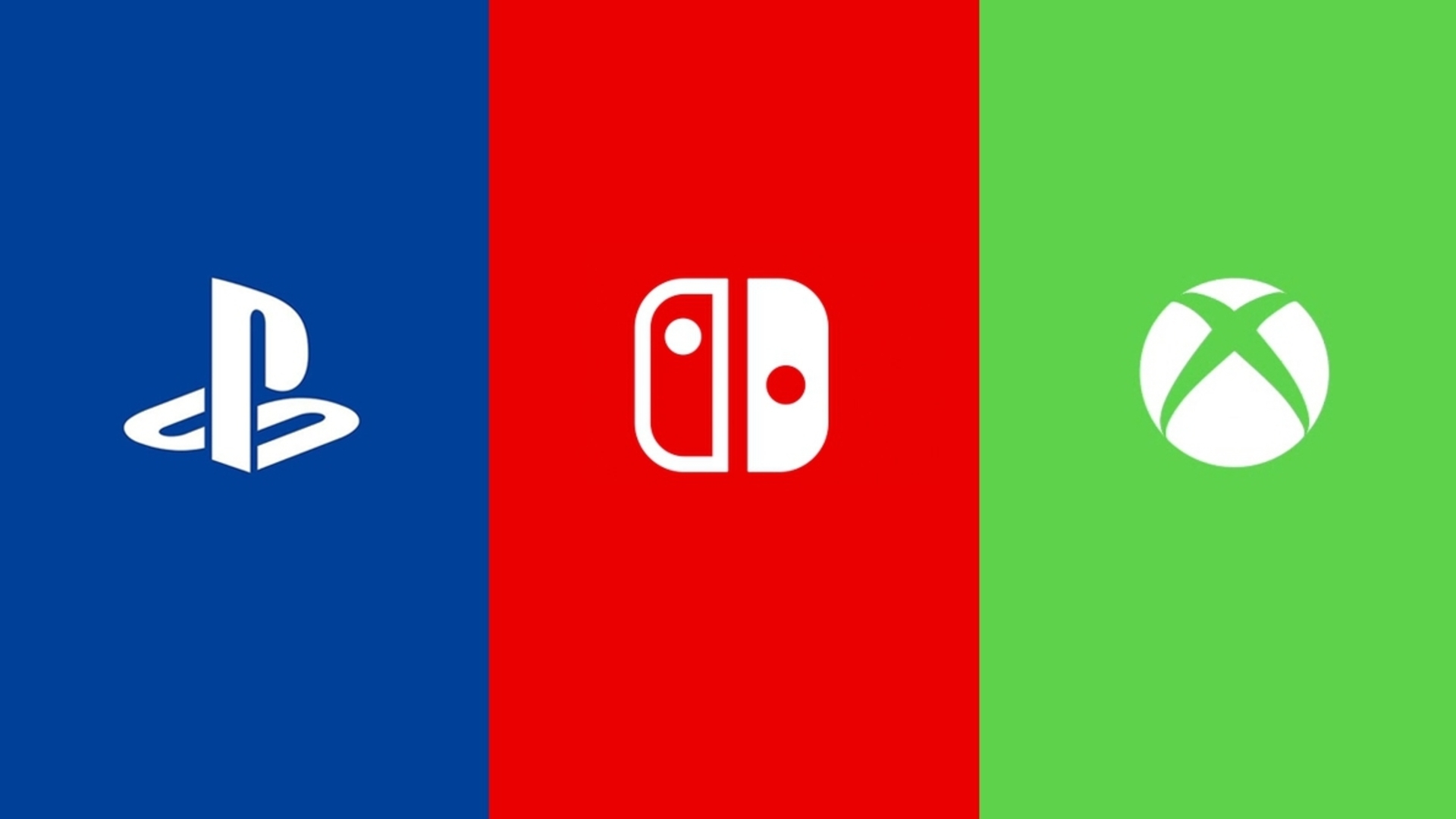
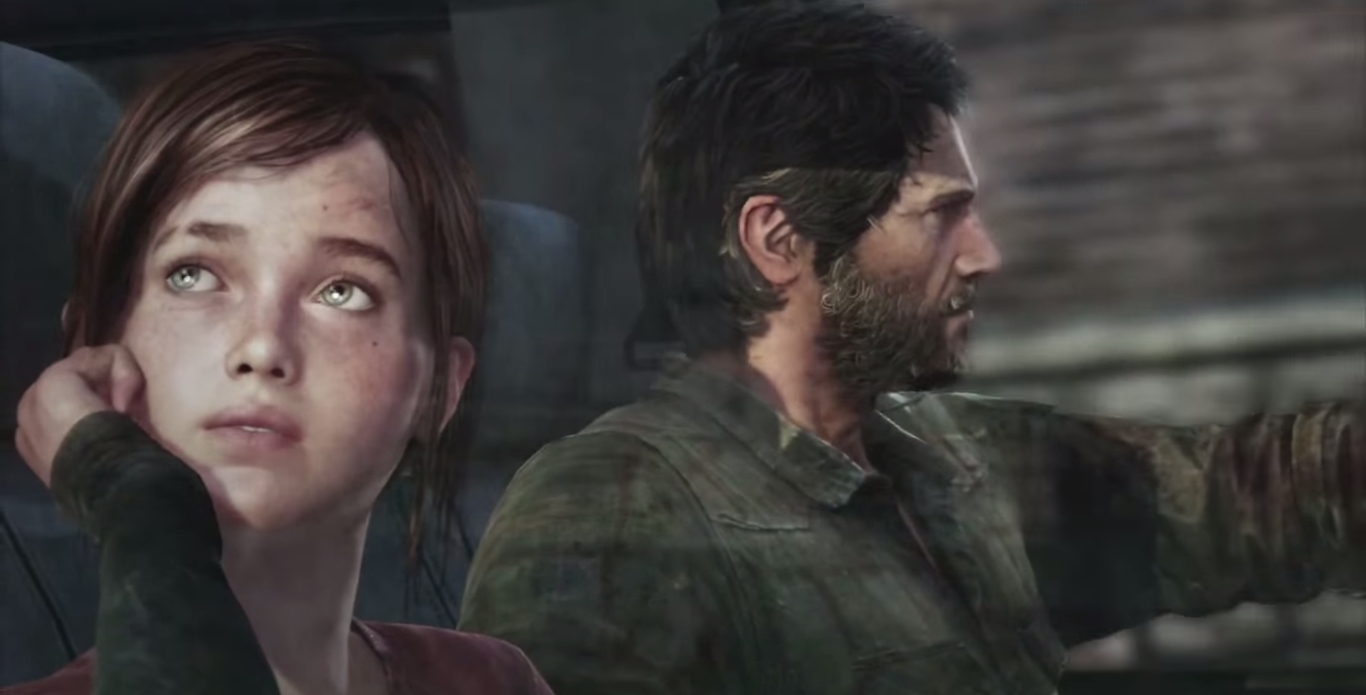
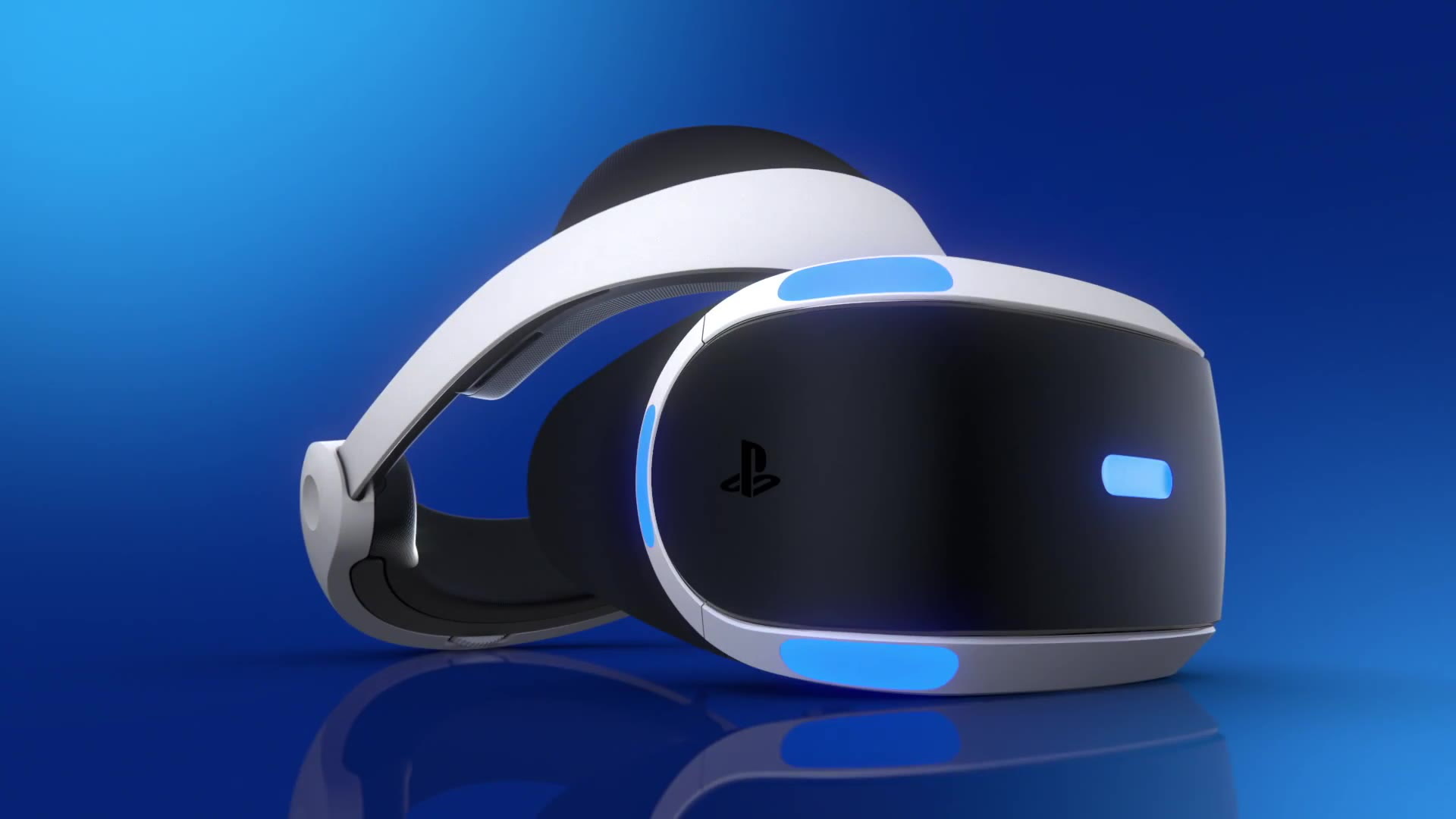
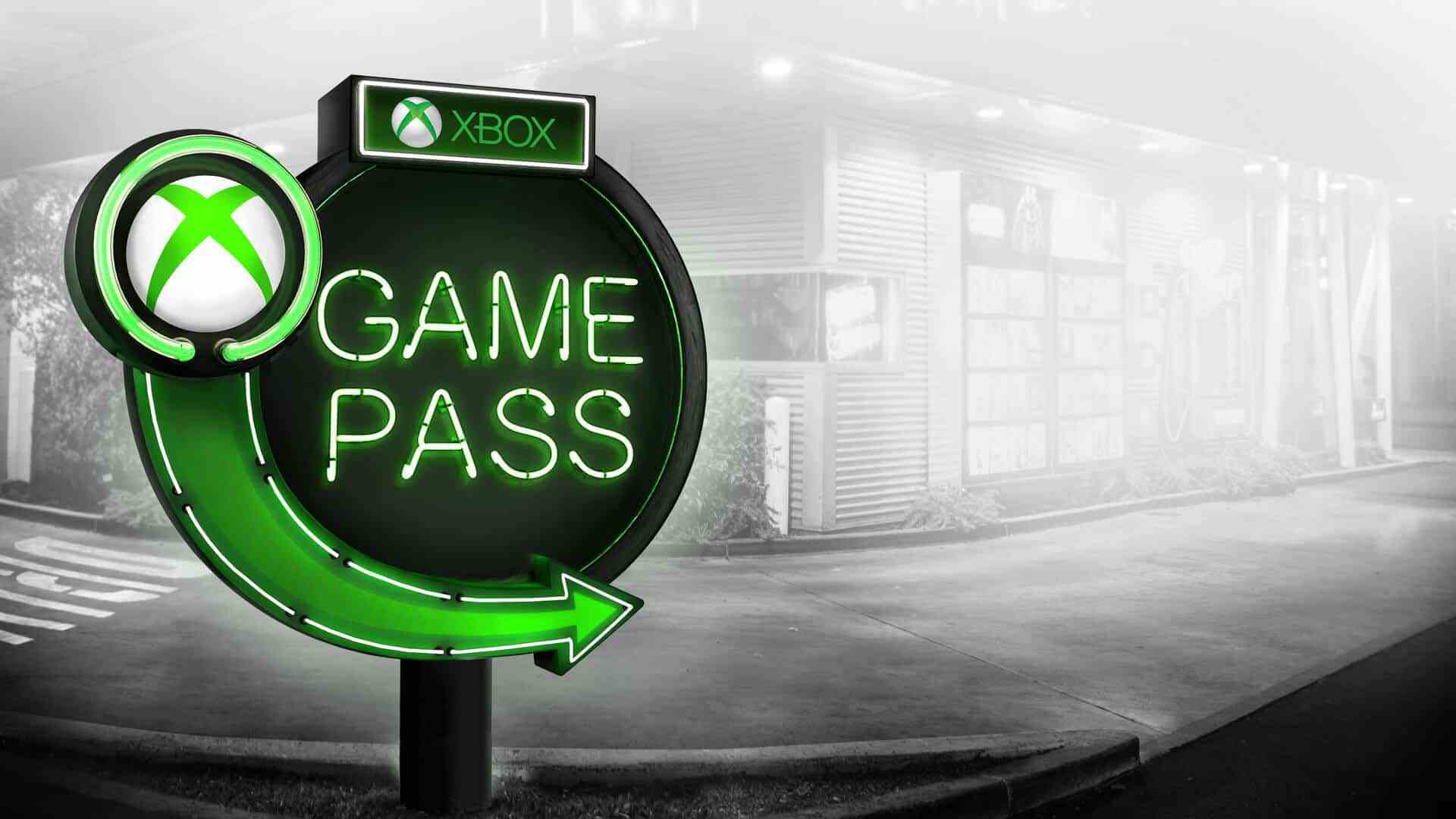
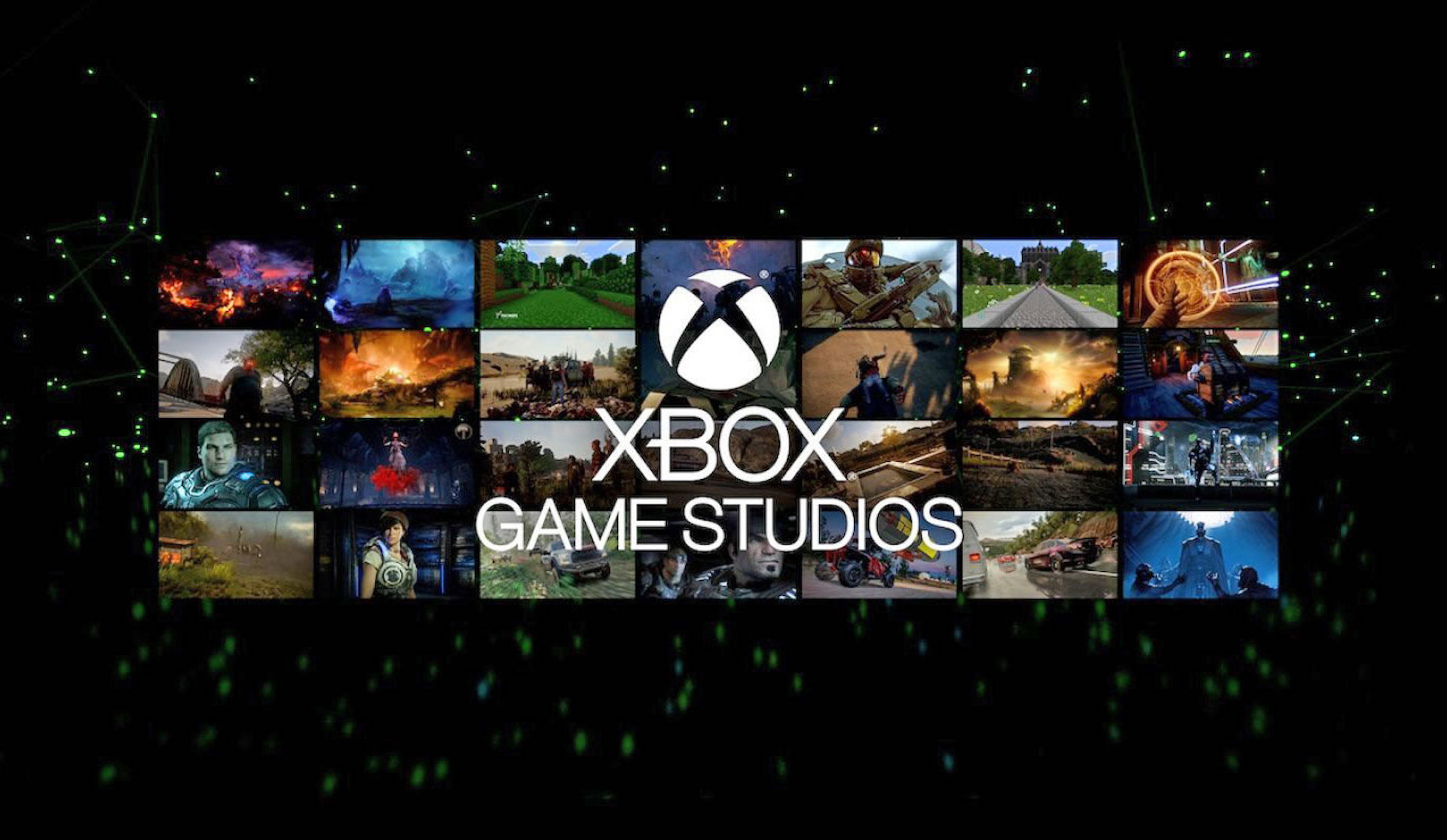
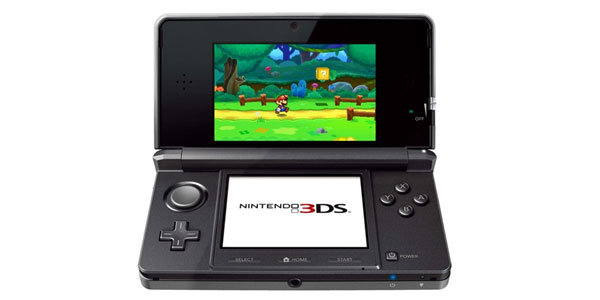
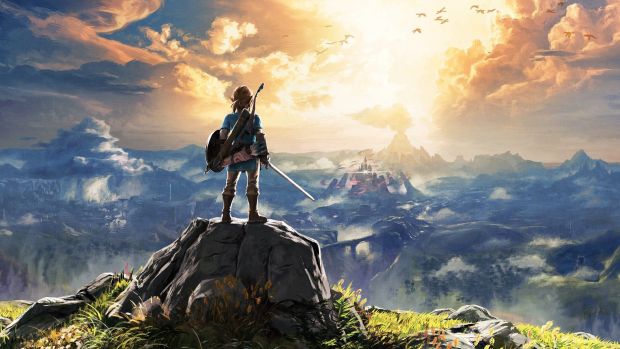

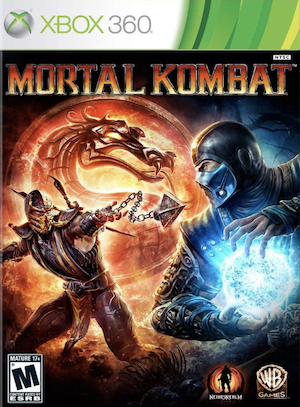
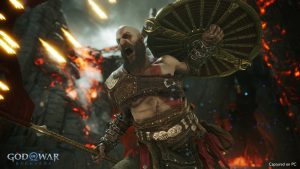



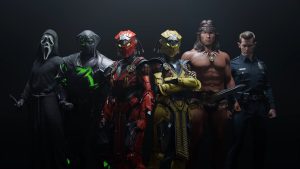
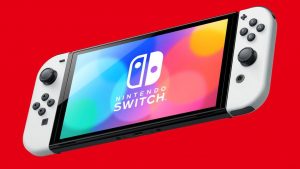
Share Your Thoughts Below (Always follow our comments policy!)